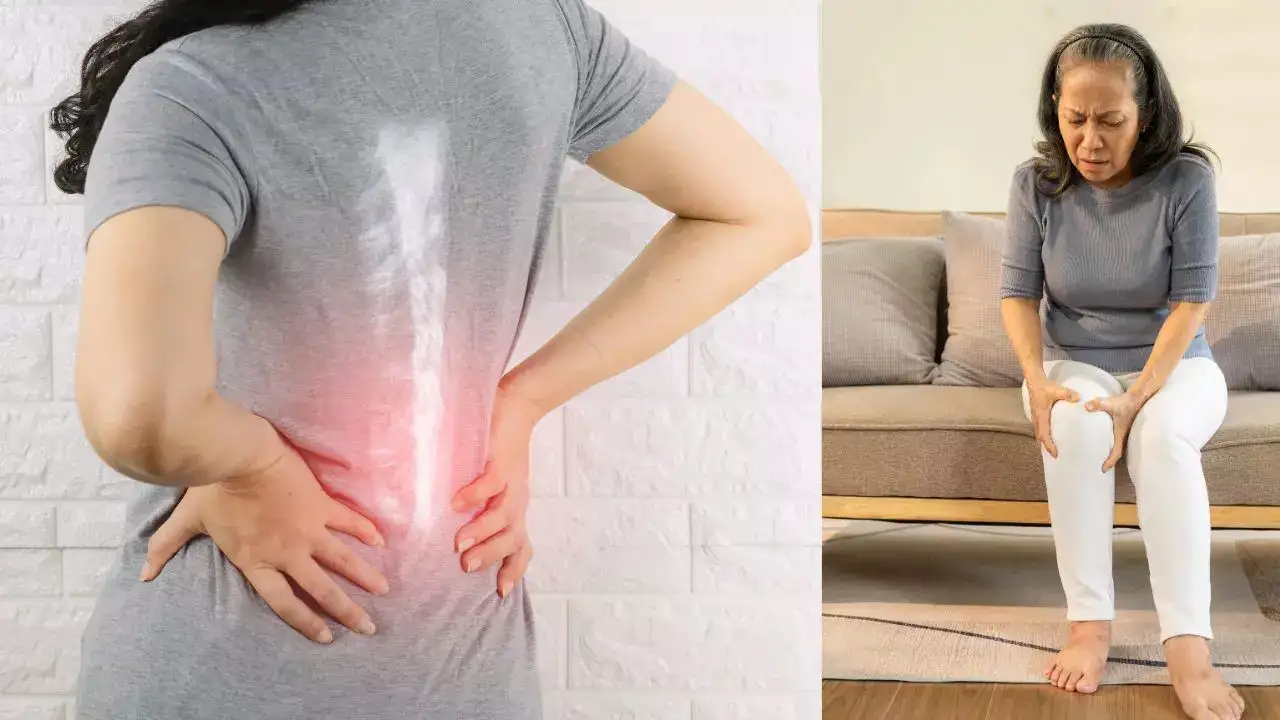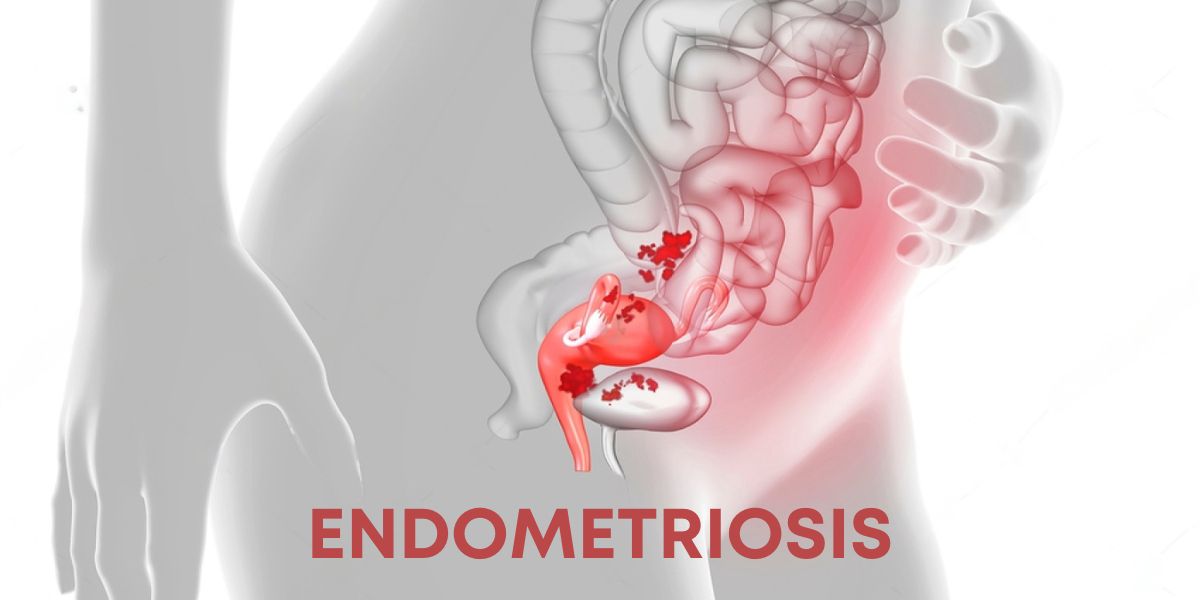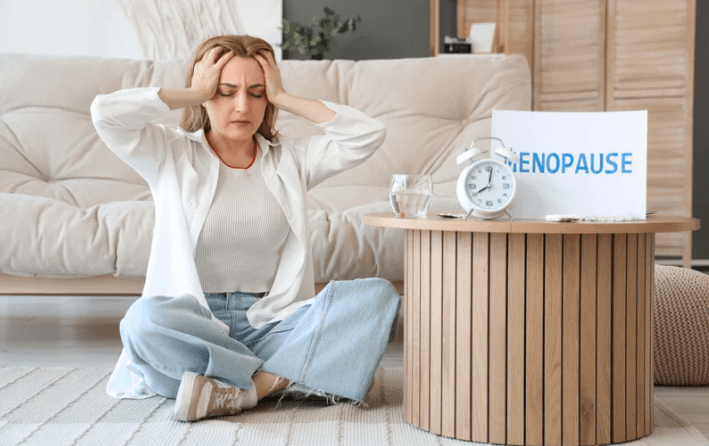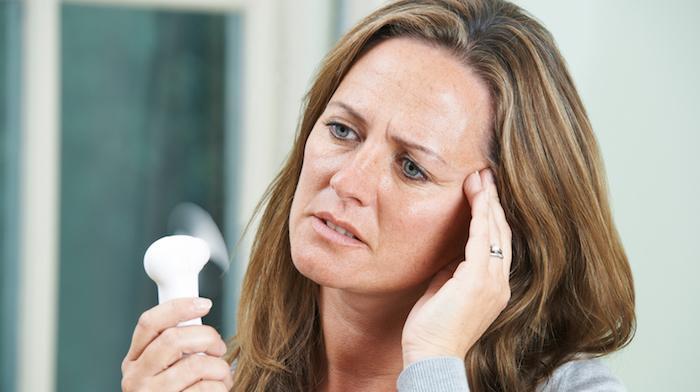Menopause and Bone Health: What You Should Know
Though menopause is a natural stage of life for every woman, it brings about various changes — some apparent and some not. Bone health is one of the most vital concerns, yet it is often neglected. With the decline in estrogen levels, bone density also decreases which raises the risk of osteoporosis and fractures. We should look into the reasons for this occurrence and what actions you can take in response.
Understanding the Link Between Menopause and Bone Loss
Bone strength is largely maintained by estrogen. It assists in regulating the natural process of bone tissue breakdown and rebuilding during the reproductive years. However, postmenopause when estrogen levels drop significantly — the rate of bone resorption (breakdown) exceeds that of bone formation.
This results in a reduction of bone density and a heightened risk of:
Are You at Risk?
Every woman undergoes some level of bone loss post-menopause but specific factors can heighten your risk:
Bone-Smart Lifestyle Choices
The positive aspect? You can assume control. While it’s not possible to completely prevent bone loss, there are a few lifestyle changes you can make to slow it down and safeguard your skeleton:
1. Nutrition Matters
Calcium: Strive for a daily intake of 1,200 mg through dairy products, leafy green vegetables, fortified foods, or dietary supplements.
Vitamin D: Essential for absorbing calcium obtained from sunlight, fatty fish, or dietary supplements.
Protein: Crucial for the fortification of muscles and the healing of bones.
2. Get Moving More
Participate in weight-bearing workouts such as walking, dancing, or using stairs.
Include strength training to bolster bones and joints.
Integrate exercises for balance and flexibility (such as yoga) to avert falls.
3. Stop Smoking & Reduce Alcohol Consumption. Both can compromise bone structure and hasten loss.
Medical Screening & Support
Consult us regarding your bone health, particularly if you are nearing menopause or have risk factors. They might advise:
Menopause Is a New Chapter — Not the End of Bone Strength
Looking after your bones during and post-menopause is a way to invest in your independence, ability to move, and overall quality of life. By being aware and taking the right actions, you can maintain your ability to move freely, confidently, and without pain for many years.










